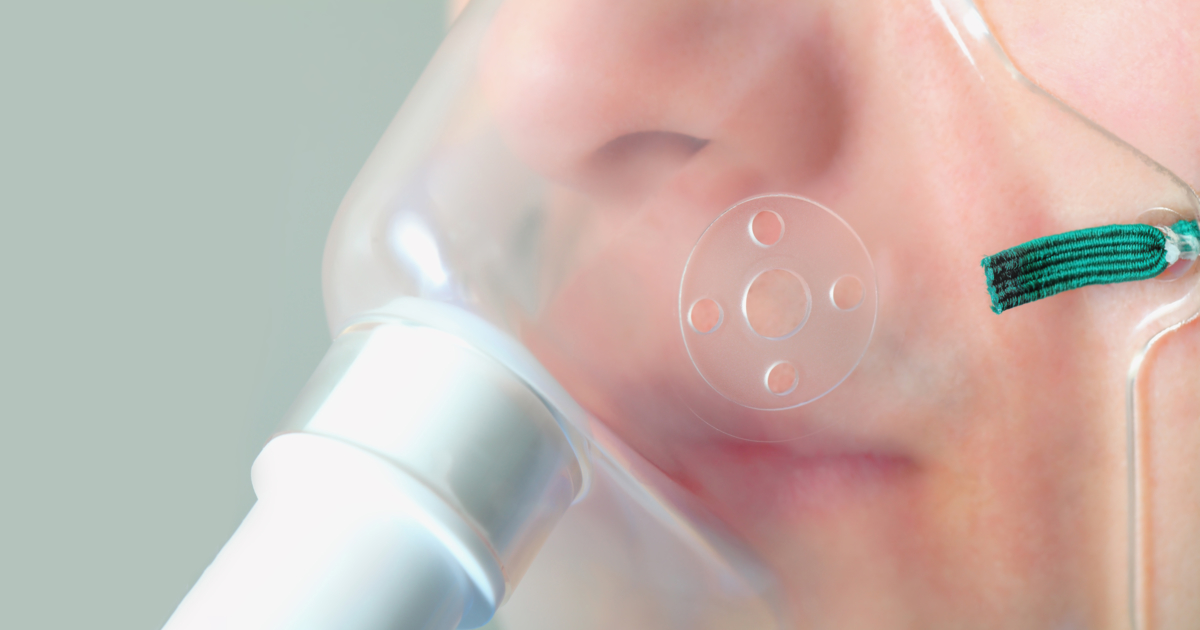How To Prevent And Treat Altitude Sickness
Dexamethasone

Dexamethasone is a corticosteroid that can be beneficial in the prevention and treatment of altitude sickness. When used for prevention, most patients take a two-milligram dose by mouth every six hours, and some doctors could recommend taking a four-milligram dose every twelve hours. Military personnel and search and rescue team members who regularly work at altitudes of more than eleven thousand feet may be advised to take four milligrams every six hours. To reduce the risk of adrenal suppression and glucocorticoid toxicity, patients should not use this medicine for more than ten days. When dexamethasone is being used to treat altitude sickness, patients are typically given a four-milligram dose every six hours, and this dose might be administered intravenously. Potential side effects associated with dexamethasone include weight gain, mood changes, vision changes, dizziness, bloating, and nausea. Some patients might notice an elevated heart rate, headaches, anxiety, and irritability. Individuals who take this medication should let their doctor know about any side effects they experience. It may be possible to lower the dose of dexamethasone or switch to a new medication to reduce side effects.
Discover additional treatments for altitude sickness now.
Supplemental Oxygen

Supplemental oxygen may be necessary for patients who need to be hospitalized as a result of altitude sickness. It is delivered through a mask that covers the mouth and nose, and it could also be given through a nasal cannula placed in the patient's nostrils. Individuals hiking at high altitudes might choose to carry supplemental oxygen tanks with them to prevent symptoms of altitude sickness during their climb. Patients with chronic obstructive pulmonary disease or other breathing problems may need to take supplemental oxygen with them on airplane flights, and they could require additional oxygen at home if they live in high-altitude areas. Individuals who believe they may need portable oxygen at higher elevations should check with a doctor first. They will want to know about the details of the patient's planned activities and will check the patient's blood oxygen levels. The doctor might need to listen to the patient's lungs with a stethoscope to identify potential breathing issues. If the doctor feels supplemental oxygen would benefit the patient, they will prescribe the appropriate product. While recreational oxygen canisters are available without a prescription, these may not be suitable for every individual, and patients should always consult a medical professional before purchasing any oxygen product.
